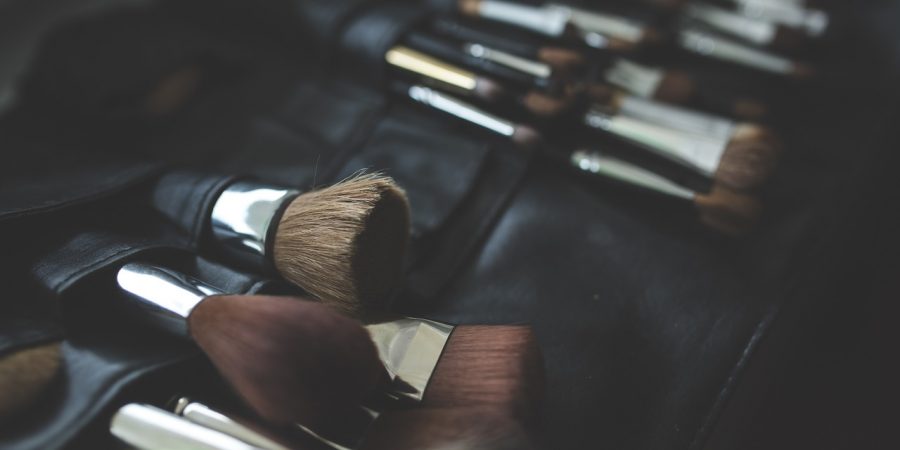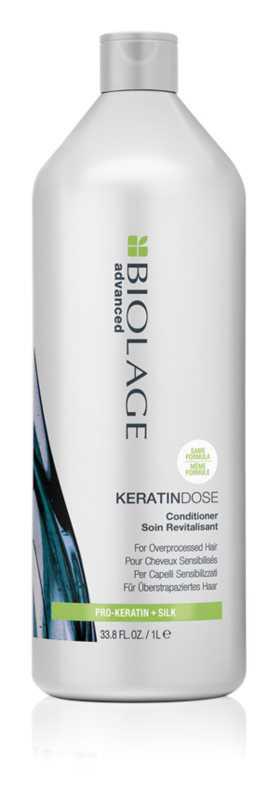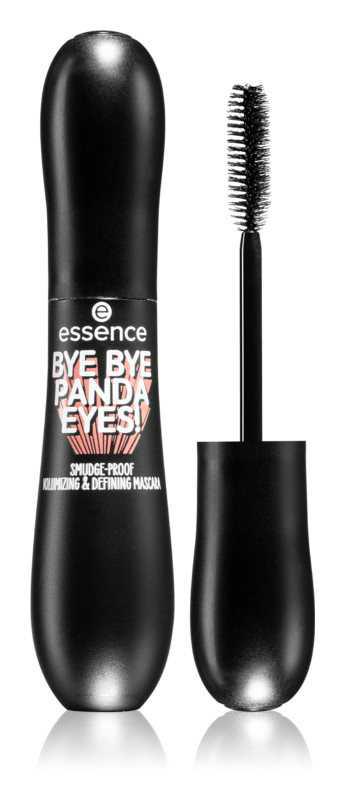
Although we use the female form of the name of the profession, gentlemen also work in this profession. You only need passion, constant improvement of skills and great persistence to achieve success in the work of a make-up artist.
What does a Makeup Artist
The name of the profession is new, it has replaced the former make-up artist. Her classes are not limited to applying makeup, but also care for the skin of the face, lips, eyebrows and eyelashes.
Good makeup artist:
The most important thing is passion and willingness to improve. You can learn the profession by yourself by observing, applying countless amounts of makeup on yourself, friends and acquaintances. You can learn by trial and error, repeated repetition, comparing, etc., but it is quite a long way to achieve your dream goal. It can be significantly shortened by learning the profession:
- in a cosmetic high school in the field of makeup,
- in a post-secondary school with the same major,
- in cosmetology studies,
- on specialized courses.
Before choosing a school or a course, you should check the level of education, staff qualifications and opinions of graduates. Because the level of education in this profession is always satisfactory. The advantages of studying at school or on a course are:
Skills aren't everything. In order for a make-up artist to attract clients, receive orders, have a permanent job, the following is also required:
- high personal culture, kindness,
- openness, conversation skills and persuasion skills,
- creating a friendly aura,
- sense of aesthetics and style,
- well-groomed appearance.
Makeup artist salary
Earnings for the makeup artist salary vary from as low as $15/hour for the bottom 20% up to $115 for the top 20% of all makeup artists. Top makeup artists earn hundreds of thousands per year.
Work for a make-up artist
You need to demonstrate your skills to get employment. A diploma alone is not enough. That is why every makeup artist (both beginner and experienced) should have a portfolio where she has photos - examples of makeup in various styles and for various occasions. You can take photos of women you know who, in return for free make-up, give permission to share their image. It is worth making your portfolio available on industry websites and attracting potential employers to them.
Make-up artists can find a job:
Every makeup artist dreams of working with stars from the artistic world. You need a lot of luck, a lot of talent and a lot of patience to achieve this goal. Working with "ordinary" women, whose glamorous make-up gives them beauty and self-confidence, is no less satisfying. For a make-up artist, the greatest satisfaction is the smile of the client's satisfaction and the delight of her surroundings.
Make-up artists very rarely work full-time. The most common work is contract work - commission or contract for specific work. The best specialists can count on regular orders from a satisfied employer and regular customers
Pros and cons of the profession of make-up artist
+ combining profession with passion,
+ work with people,
+ getting satisfaction from making others happy,
+ no monotony,
+ making the amount of earnings dependent on own commitment to work),
- usually no permanent employment, contract work,
- unsystematic activities (there are periods of work, e.g. in the holiday season or in summer, when more weddings and other events are organized, and periods of "drought"),
- irregular earnings in a variable amount,
- necessity to have own cosmetics and other accessories,
- often lack of a permanent workplace, commuting to clients.





